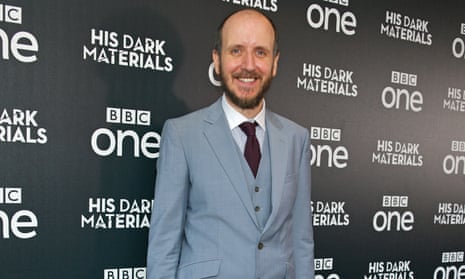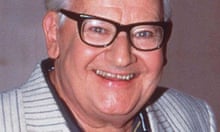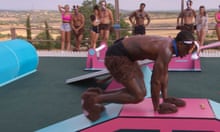Disability is being ignored in the conversations about diversity in television, according to the award-winning screenwriter Jack Thorne.
The writer and director, who co-wrote the Bafta-winning This is England ’88 and ’90 series, has said there is an “invisible prejudice in the industry” and called on broadcasters, drama schools, entertainment companies, and agencies to do more to address the issue.
Thorne wrote in the Radio Times: “I sit in meetings pushing disabled talent and I’m told, ‘We don’t want to over-expose them.’ I ask that parts be specifically defined as disabled and I’m told we’ll see disabled actors for the role, but they are almost never cast. I write shows that are exclusively disabled-led and they get rejected. The only one I’ve managed to get away – BBC Three’s Don’t Take My Baby – was done on a reduced budget (again).”
Thorne started out in TV on Skins in 2007, writing an episode in the second season where one character dealt with being a carer for a parent with multiple sclerosis. He wrote in the article that he had asked the role to be played by a woman with MS and Maria Miles was cast.
Thorne then created the Bafta-nominated series Cast Off, a show where every character is played by a disabled actor. When working on BBC Three’s The Fades, Thorne was successful in his request to get disabled talent on the show.
However, he said representation had not improved since then. “These were all over ten years ago and are the best experiences in casting I’ve had,” he wrote. He said disabled creatives are often not given the recognition they deserve and there is a lot of untapped writing, directing, producing and acting talent out there.
Thorne called for disabled diversity targets for drama schools, training programmes, entertainment companies and agencies, and said broadcasters – who do have targets – need to do better. He backed Lenny Henry’s proposed “representation tax relief”, which would reduce the taxes on UK film and television productions that meet certain criteria for women, ethnic minorities or disabled people.
Warren Kirwan, head of communications at disability equality charity Scope, said: “More than one in five of us is disabled, yet disability remains woefully under-represented on television.
“Only 7.4% of the characters on TV are portrayed by disabled people, and only 5.5% of those working behind the scenes are disabled.
“Some progress has been made, but we have a long way to go until our screens reflect reality. From casting to commissioning, the industry needs to do much more to recognise disabled talent every step of the way.”








